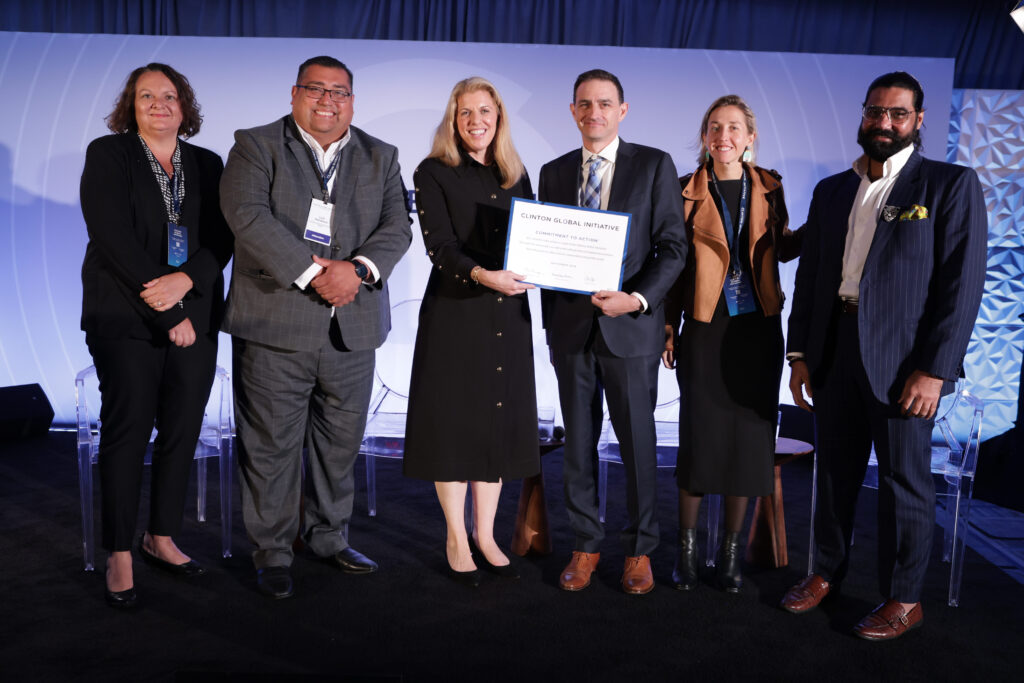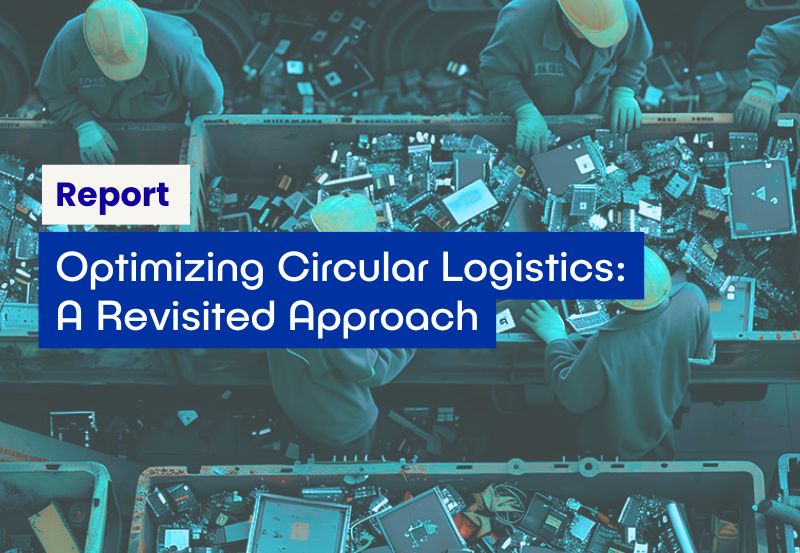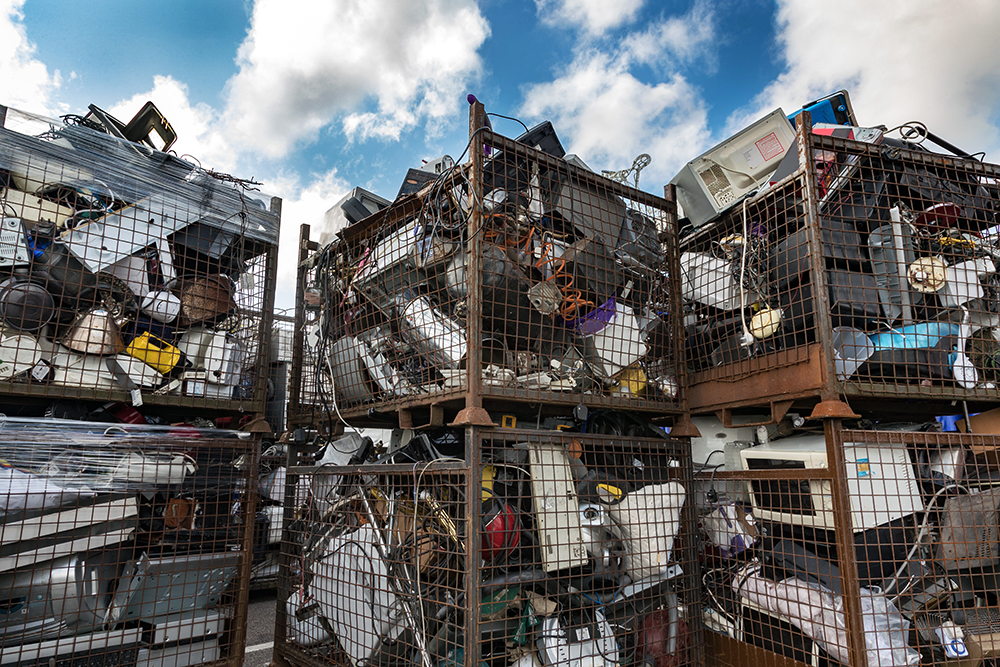Clinton Global Initiative Commitment to Action for the Circular Supply Chain Coalition

The Clinton Global Initiative (CGI) has made a Commitment to Action to support the Circular Supply Chain Coalition (CSCC) in implementing local material recovery systems that promote resilient communities.
Report: What role does the logistics industry play in the circular economy?

In a world where our traditional economic systems strain under the weight of inefficiency and waste, a transformative shift is not just a choice but an urgent necessity. With its unsustainable practices, our linear economy can no longer suffice. It has become necessary to fundamentally alter our
thinking about how global supply chains should function and implement a model that reduces waste and maximizes existing resources.
FedEx and Pyxera Global test a circular logistics model for electronic waste

Many of us have an old laptop or tablet sitting in our junk drawer but don’t always know where to dispose of or donate such items. Each year, 50 million tons of e-waste are generated globally. Laptops and tablets often contain precious minerals that must be mined if not reused or recycled. Pyxera Global wants to make it easier for households and businesses to work together to reduce e-waste.
Closing the E-Waste Loop

Through this pilot, Pyxera Global and its data modeling and analytics partner, Metabolic, are working with the logistics leader to create an innovative reverse logistics hub. This pilot will inform a blueprint for the industry to determine how logistics companies can use existing infrastructure and new local community relationships to recover old electronics, then process and redistribute them for commercial use at economies of scale.
